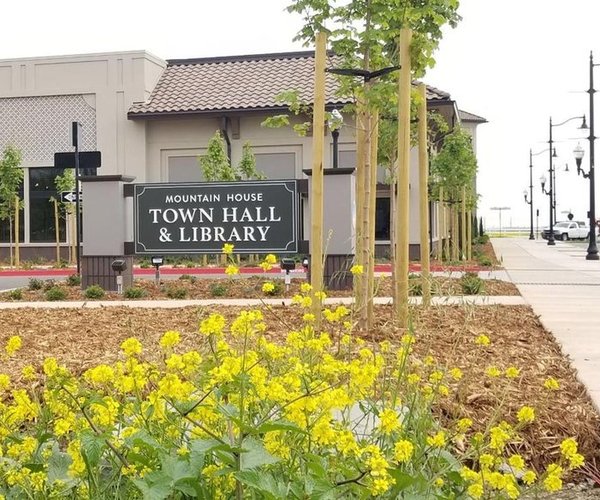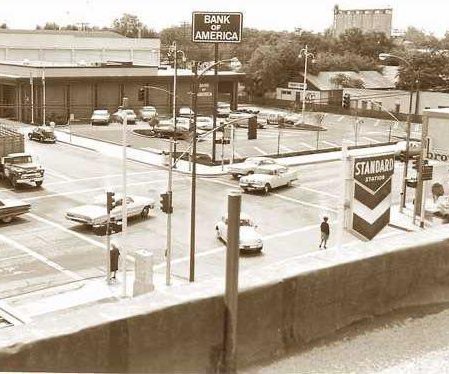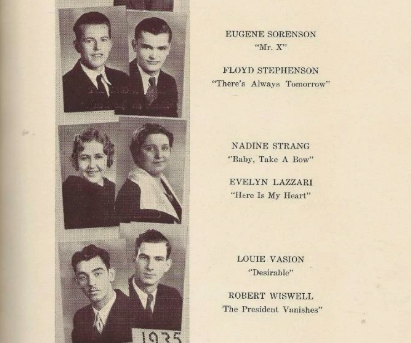Now the real fun begins.
After two decades of having local revenue cannibalized by the California Legislature that also adopts state mandates on local government without funding them, cities are fighting back.
Berkeley is one of a handful of Bay Area cities that are starting to issue their own tickets. At the same time Los Angeles is considering holding their own administrative hearings on red-light tickets.
What does this all mean? Well, as a motorist you’d be getting significantly lower fines, cities would get substantially more money from tickets, you wouldn’t get points on your driving record, and the state would lose tens of millions – if not substantially more - in revenue they supposedly use to run the court system.
The word “supposedly” is appropriate because of the convoluted way Sacramento manages to take revenue from one source and use it to do something entirely different by playing fast and loose with the law.
The state for years has been siphoning money out of taxpayers’ pockets while local government has taken the rap for it due to misconceptions that many people have as to where their taxes and fines that they pay go.
People often think most property taxes go to cities. Not the case. It is about 10 cents on the dollar. Guess who takes the most – the state. Get issued a ticket for speeding in Manteca and the fine can easily exceed $200.
Manteca’s police officers in 2008 issued 10,802 vehicle code citations. Of that, Manteca received $149,962 or $13.80 per citation. It was just more than enough to cover the salary, benefits and payroll costs of one police officer. There were actually more citations issued. Those tickets, though, brought the city only $104,345 or $9.80 per citation. That isn’t enough to cover the cost of one officer.
Where does most of the rest of the money go? Well, state apologists will say they don’t receive it but that’s not true. The state long time ago hijacked that money to pay for the court system that, in case anyone is wondering, is a function of state government.
Berkeley – and other Bay Area cities – adopted municipal laws regarding speeding and such that have charges significantly lower than the state. Because they are municipal laws, all of the revenue stays local to go toward traffic enforcement. Brilliant move.
This, of course, has more than one legislator upset. Their concern? They’re worried motorists won’t know what to expect if they get a speeding ticket in California. They are now drafting legislation to make it illegal for local jurisdictions to adopt their own traffic fines.
Funny thing but every jurisdiction that is writing their own tickets for vehicle violations is charging substantially less than the state does. Plus there is no need for driving school or points on one’s driving record.
So why would drivers getting a ticket in such a city be upset? If they are caught for an infraction they will be paying substantially less and won’t have to worry about traffic school or points against their driver’s license.
Los Angeles is considering holding its own administrative hearings for red-light tickets in lieu of going through the judicial system.
The fine – which is now around $500 – is set by state and county agencies. Los Angeles is pursuing a plan that could whack around $300 off of the ticket. It would leave the state high and dry, send more money to the city and save taxpayers who also drive some money. Sounds like a plan.
It’s odd but not one lawmaker mentioned any concern about whether the moves by the cities would weaken traffic safety. Why would they? There is only one thing that drives lawmakers and that is money.
Perhaps Ripon, Manteca, and Lathrop might want to consider such a move.
The state after all, had hijacked millions of dollars from the three cities. True, it will impact the San Joaquin County court system but then again in this county it’s more like 300 strikes before you end up in the big house. So you clog up the justice system a little more by reducing funds for courts so to secure more money to pay for cops, who cares?
Last time I checked, when you call 9-1-1 a local police officer responds and not a Sacramento bureaucrat.
After two decades of having local revenue cannibalized by the California Legislature that also adopts state mandates on local government without funding them, cities are fighting back.
Berkeley is one of a handful of Bay Area cities that are starting to issue their own tickets. At the same time Los Angeles is considering holding their own administrative hearings on red-light tickets.
What does this all mean? Well, as a motorist you’d be getting significantly lower fines, cities would get substantially more money from tickets, you wouldn’t get points on your driving record, and the state would lose tens of millions – if not substantially more - in revenue they supposedly use to run the court system.
The word “supposedly” is appropriate because of the convoluted way Sacramento manages to take revenue from one source and use it to do something entirely different by playing fast and loose with the law.
The state for years has been siphoning money out of taxpayers’ pockets while local government has taken the rap for it due to misconceptions that many people have as to where their taxes and fines that they pay go.
People often think most property taxes go to cities. Not the case. It is about 10 cents on the dollar. Guess who takes the most – the state. Get issued a ticket for speeding in Manteca and the fine can easily exceed $200.
Manteca’s police officers in 2008 issued 10,802 vehicle code citations. Of that, Manteca received $149,962 or $13.80 per citation. It was just more than enough to cover the salary, benefits and payroll costs of one police officer. There were actually more citations issued. Those tickets, though, brought the city only $104,345 or $9.80 per citation. That isn’t enough to cover the cost of one officer.
Where does most of the rest of the money go? Well, state apologists will say they don’t receive it but that’s not true. The state long time ago hijacked that money to pay for the court system that, in case anyone is wondering, is a function of state government.
Berkeley – and other Bay Area cities – adopted municipal laws regarding speeding and such that have charges significantly lower than the state. Because they are municipal laws, all of the revenue stays local to go toward traffic enforcement. Brilliant move.
This, of course, has more than one legislator upset. Their concern? They’re worried motorists won’t know what to expect if they get a speeding ticket in California. They are now drafting legislation to make it illegal for local jurisdictions to adopt their own traffic fines.
Funny thing but every jurisdiction that is writing their own tickets for vehicle violations is charging substantially less than the state does. Plus there is no need for driving school or points on one’s driving record.
So why would drivers getting a ticket in such a city be upset? If they are caught for an infraction they will be paying substantially less and won’t have to worry about traffic school or points against their driver’s license.
Los Angeles is considering holding its own administrative hearings for red-light tickets in lieu of going through the judicial system.
The fine – which is now around $500 – is set by state and county agencies. Los Angeles is pursuing a plan that could whack around $300 off of the ticket. It would leave the state high and dry, send more money to the city and save taxpayers who also drive some money. Sounds like a plan.
It’s odd but not one lawmaker mentioned any concern about whether the moves by the cities would weaken traffic safety. Why would they? There is only one thing that drives lawmakers and that is money.
Perhaps Ripon, Manteca, and Lathrop might want to consider such a move.
The state after all, had hijacked millions of dollars from the three cities. True, it will impact the San Joaquin County court system but then again in this county it’s more like 300 strikes before you end up in the big house. So you clog up the justice system a little more by reducing funds for courts so to secure more money to pay for cops, who cares?
Last time I checked, when you call 9-1-1 a local police officer responds and not a Sacramento bureaucrat.






